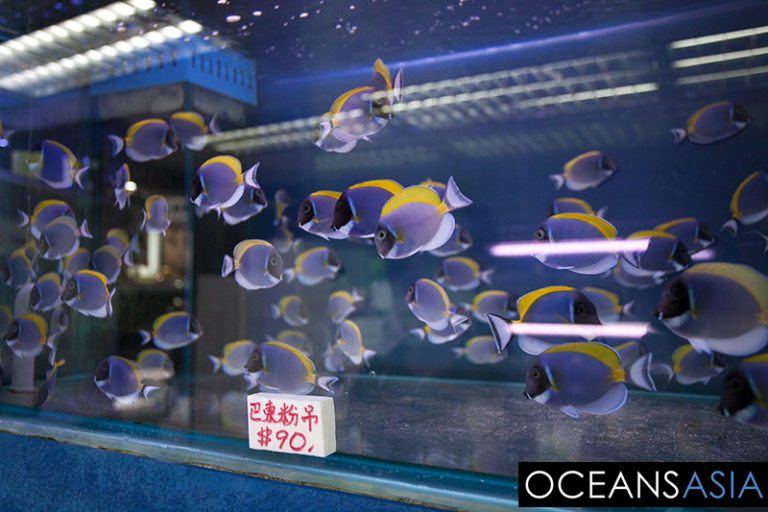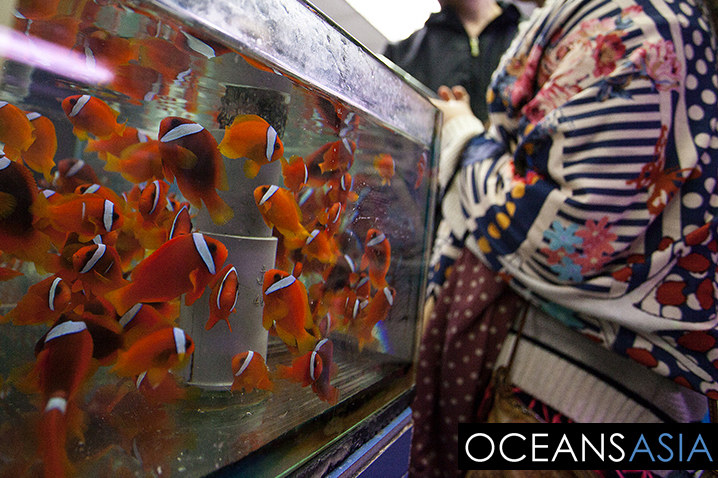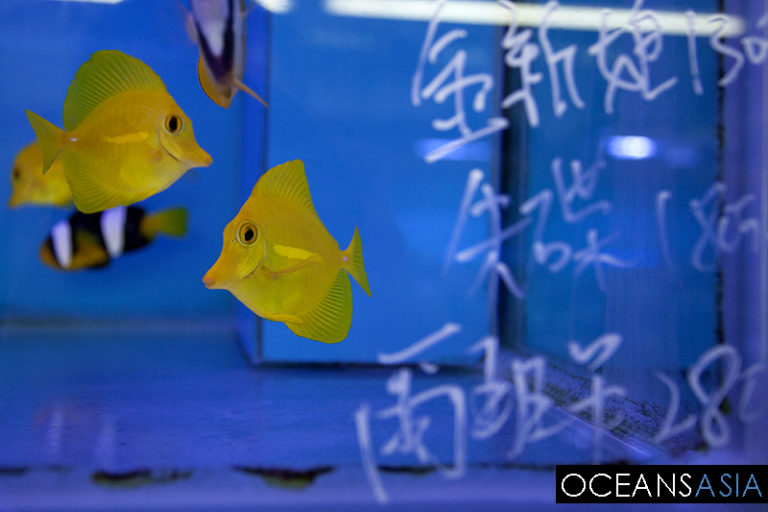


Aquarium Trade Decimating Coral Reefs Globally
The global aquarium trade is decimating reefs around the world. With 1 in 10 fish actually surviving the supply chain as far as the high street shops, many then die in the first 24hrs when they arrive at a hobbyists home. Many of these fish are caught using cyanide, which stuns the fish so that they are easily caught. The use of cyanide to supply the live reef fish trade is illegal yet it is one of the main threats to coral reefs around the Indo-Pacific. Indonesia and the Philippines are two of the largest suppliers to the global marine aquarium trade and cyanide is widely documented as the popular catch method.
Captivating millions, the popularity of the home marine aquarium hobby has grown dramatically in the past decade. In fact, estimates indicate there are more than two million home marine aquariums globally (Murray 2014). The marine aquarium trade has inspired people in developed nations to take interest in remote regions (with both positive and negative opinions toward the aquarium trade) and it has improved access to coral reef species for research and education.
However, the state of coral reefs is approaching the brink of global collapse with every stakeholder pointing the finger at someone else. Many communities living adjacent to reefs in low income regions depend on resource extraction as the basis of their economies. Although the marine aquarium trade has undeniably left its footprint, it has played a relatively small role in this crisis compared to other anthropogenic activities and impacts such as climate change, ocean acidification, sedimentation, and eutrophication resulting from increased coastal development, coral mining, and overfishing of food species (Carpenter 2008). It is also important to note that individuals or companies along the chain of ownership of live animals within the marine aquarium trade vary greatly in skill, methods, and ethics regarding harvest.
Involved in the wild capture of over 1800 species of fish and approximately 1,000 species of invertebrates from more than 40 countries, the marine aquarium trade is viewed by many as a threat to coral reef conservation (Rhyne 2014). There are concerns as to whether demand of species from the families Acanthuridae (surgeonfish) and Labridae (wrasses), and many invertebrate taxa exceeds sustainability. Less than 10% of the marine aquarium trade livestock is cultured; the freshwater aquarium trade, in contrast, consists of about 90% commercially aquacultured species (Murray 2014).
